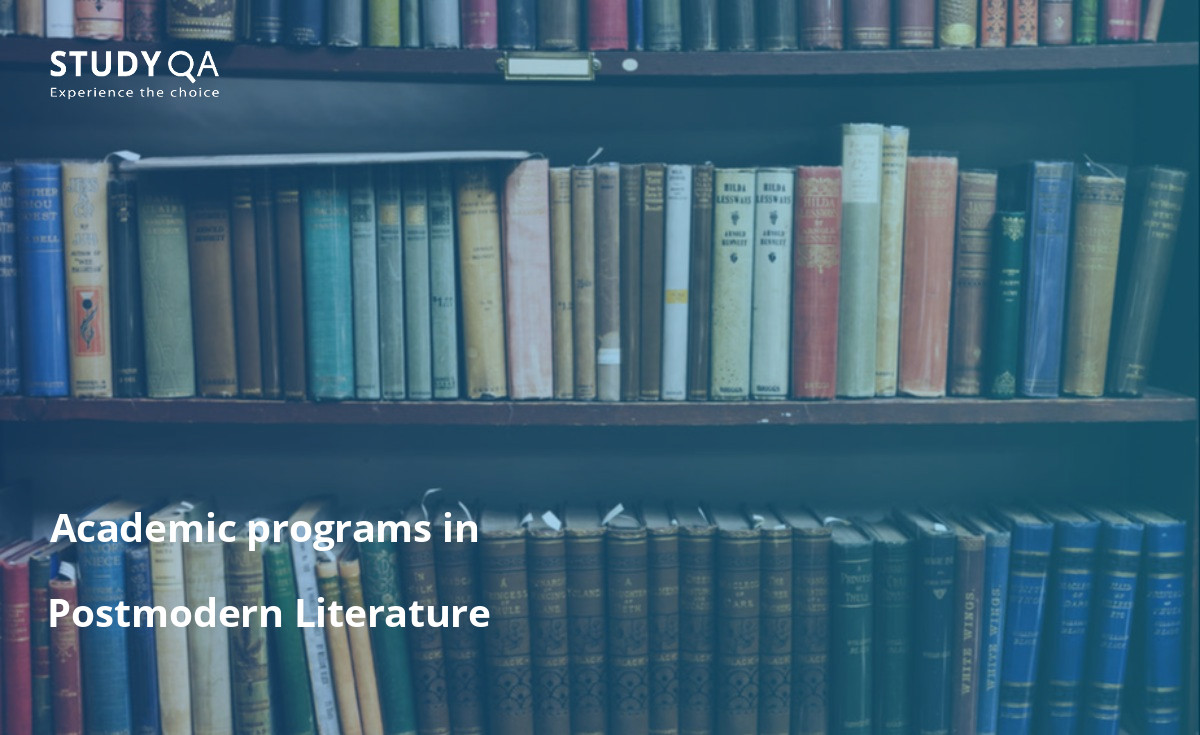Metafiction, unreliable narrative, self-reflexivity, intertextuality, and the frequent thematization of both historical and political themes are all...
Metafiction, unreliable narrative, self-reflexivity, intertextuality, and the frequent thematization of both historical and political themes are all characteristics of postmodern literature. In the 1960s, writers like Kurt Vonnegut, Thomas Pynchon, William Gaddis, Philip K. Dick, Kathy Acker, and John Barth contributed significantly to the development of this experimental literary movement in the United States. Since this literary genre first appeared in the setting of political trends in the 1960s, postmodernists are known for frequently challenging authorities. This motivation can be observed, among other ways, in how deeply reflective postmodern writing is on the political subjects it addresses. 
Why Postmodern Literature?
Postmodern literature gives students the chance to interact with the issues and literary devices of postmodern fiction by examining the growth, peak, and potential demise of postmodernism. It focuses on how postmodern literature relates to popular culture and other media, as well as postmodern perspectives on history and the body. Academic degrees in Postmodern Literature are scarce, but it often collides with other academic degrees in Literature like "American Literature", "Modern and Postmodern Literature", "English Literature: Literature and Modernity", and "Literary Studies". Those programs cover literature with a wider timeline.
What is the curriculum for this academic degree?
In the curriculum, a variety of literary and theoretical contexts are examined, highlighting how writing and imagination contribute to and influence political and cultural processes. Against the backdrop of more general modernization trends that characterize the era, students will examine how literature has attempted to modify and modernize itself since 1900. The coursework covers a wide range of fascinating topics, from the literary "modernity" pioneers—like TS Eliot, Ezra Pound, James Joyce, and Virginia Woolf—to the present and the effects of their inventions even now.
What is the tuition fee?
The tuition fee is significantly different based on location, duration of the study, and quality of education. If location-wise and quality-wise there are a lot of options available, and duration is similar for every program. A full-time bachelor's degree in Postmodern Literature usually lasts for 3 years and part-time for up to 6 years. As for a Master's degree, full-time options last for 1 year, while part-time Master's takes 2 years to complete.
What are career opportunities after graduation?
Graduates of this degree will have a solid foundation in literary history and culture after 1900 as well as a variety of transferrable abilities in research and inquiry, critical thinking and evaluation, and many forms of written and oral communication. Additionally, it improves research and analytical abilities that can be applied to a more in-depth study of the subject in the future. Those skills can be applied in the fields of journalism, media, communication, retail management, local government, the creative and cultural industries, arts administration, civil service, education, performing arts, and law.

